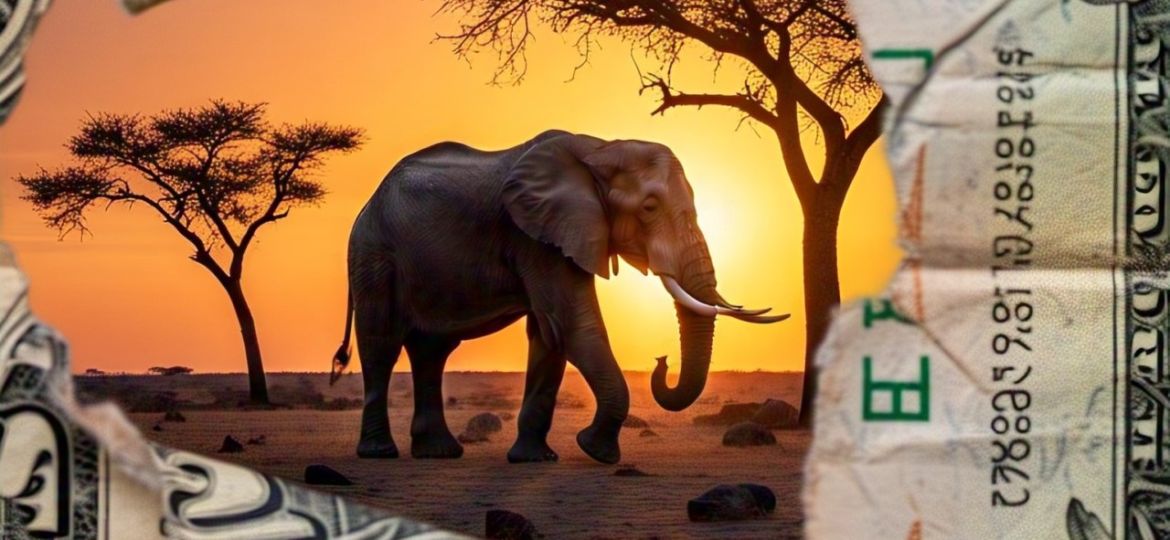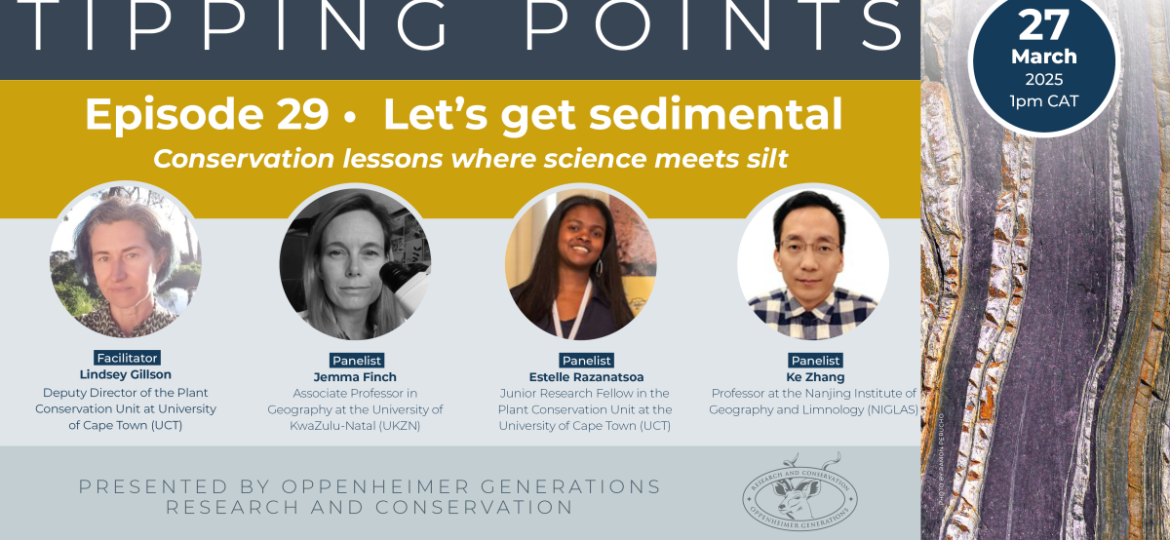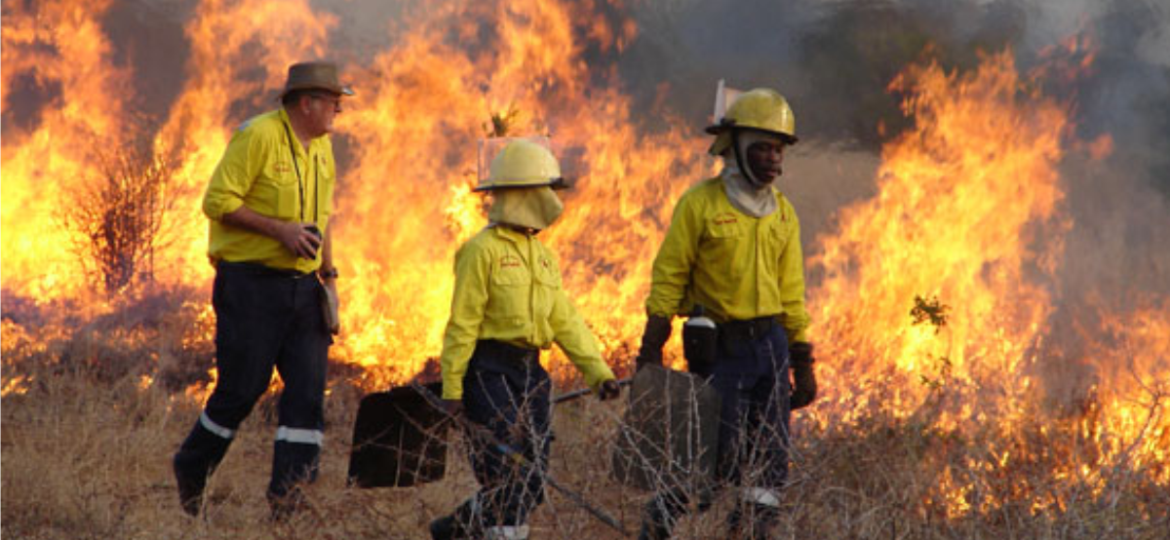What happens to conservation when the world stops paying for it? That was the key question at last week’s Tipping Points webinar titled “Beyond Aid: Rethinking Conservation Funding in a Changing World.”
tipping points
Secrets below the soil: Earth detectives search deep for clues to the future. How can we use the past to better navigate our…
Researchers challenge the feasibility of implementing early dry season fires as a one-size-fits-all fire management strategy for African conservation areas.
The international convention in Cali won plaudits for establishing a fund which will support conservation, including efforts by indigenous communities. But other opportunities were missed and there remains much work to do, reports Roving Reporters
Access to finance is vital in building resilience to a rapidly changing environment. But experts warn that while savings groups offer a lifeline, deeper systemic reforms are essential to tackle the root causes of vulnerability and poverty.
Innovative business models for conservation will promote biodiversity and help stave off the climate crisis, says Jonathan Oppenheimer.
Climate change biologist Dr Shannon Conradie. Winner of the 2024 $150 000 JWO research grant.
Webinar calls for action to recognise indigenous knowledge as complementary to modern science.
Can tracking mouse footprints give clues to climate change? Yves Vanderhaeghen speaks to the founders of WildTrack, which is pioneering technology in South Africa to track small mammals so they can tell us about disruptions to ecosystems.
In the midst of political alliances with coal lobbyists, environmentalists are urging strategic voting and active citizenship to address the deepening climate crisis and stave off the collapse of natural systems.












